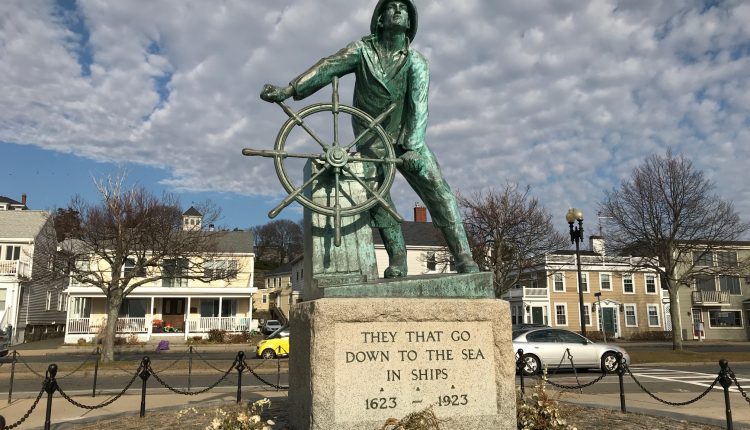Site Visit: Advocacy Discusses Regulatory Challenges Facing Fishermen during Visit with the Massachusetts Fishermen’s Partnership
By Linwood Rayford, Assistant Chief Counsel
On Nov. 29th, Advocacy’s regulatory team visited with the Massachusetts Fishermen’s Partnership in Gloucester, Mass., to discuss the regulatory challenges facing the industry. The industry is comprised of many small seafood businesses. The MFP is an organization of commercial fishermen’s associations from all geographic sectors of the Massachusetts fishing industry. Established in 1995, the partnership works to provide solutions to problems common to all fishermen.
Advocacy was greeted by many members of the MFP who informed us about the importance of the 1976 Magnuson-Stevens Fishery Conservation and Management Act (MSA) as it related to their industry. The MSA is the primary law governing marine fisheries management in United States federal waters. To manage the fisheries and promote conservation, the Act created eight regional fishery management councils. The 1996 amendments focused rebuilding overfished fisheries, protecting essential fish habitat and reducing bycatch.
While the MFP is supportive of the legislative intent underlying the MSA, they believe that it has unintentionally created several barriers to their business survival. They believe that the federal agencies responsible to enforcing the MSA have placed fish resource recovery ahead of their small businesses, and that there needs to be a better balance of how the law is implemented. Primarily through the reduction in federally-mandated fish quotas, and other associated regulatory costs, MSA noted that the fishermen are hurting. This has resulted in a marked reduction of federally permitted boats that fish the New England waters. Also, because of the diminution of the fishermen fishing the waters much of the seafood consumed in the U.S. is now imported.
The MFP discussed many regulatory areas that need reform, but they condensed their regulatory wish list to two areas: first, an increase in the fishing quota, and second, the elimination of the requirement that the captain must now pay for observers that are responsible for monitoring the fish caught by the vessel. The latter was the undertaking of the National Marine Fisheries Service.
Advocacy thanks the Massachusetts Fishermen’s Partnership for allowing us to learn about their operation and for providing us with their regulatory reform suggestions.


Comments are closed.